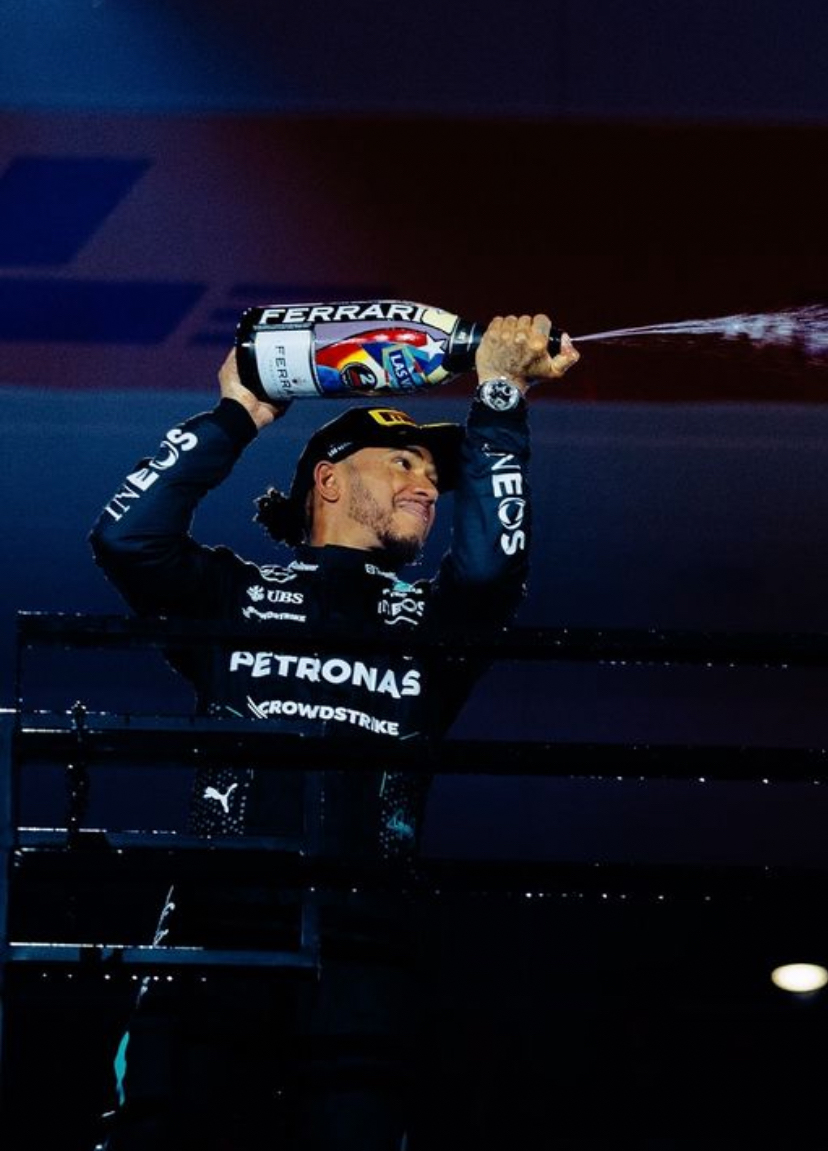Honda Given ‘No Room’ with Red Bull, Point of No Return Identified

Read next: Formula 1 World Champions — A legacy of racing legends
Honda's F1 split from Red Bull, challenges ahead for 2026 engine regulations, and the new partnership with Aston Martin. A comprehensive update on Honda's F1 future and challenges.
Honda Given ‘No Room’ with Red Bull, Point of No Return Identified
Honda’s long-standing relationship with Red Bull in Formula 1 has come to a definitive end as the Japanese manufacturer looks ahead to a new partnership with Aston Martin for the 2026 season. Koji Watanabe, president of the Honda Racing Corporation, revealed that Red Bull's decision to set up their own engine department was the key factor behind the termination of their collaboration. As Honda prepares for the challenges of the 2026 regulations, the team is focusing on a new chapter in F1 with Aston Martin.
Red Bull’s In-House Powertrains Division Marks the End of Honda’s F1 Partnership
Honda’s departure from Red Bull’s engine program for the 2026 season comes after a period of technical collaboration that saw the Japanese manufacturer help propel Max Verstappen to four consecutive Drivers’ Championships. However, Red Bull’s decision to establish their own engine division, Red Bull Powertrains, in 2021 signaled the end of Honda's direct involvement in F1.
Watanabe confirmed that Honda’s withdrawal from F1 was followed by Red Bull’s creation of an in-house engine department, which left no room for further collaboration. Honda’s decision to partner with Aston Martin, officially announced in May 2023, was driven by the new technical challenges posed by the 2026 F1 regulations, which include a 50% electrified engine and fully sustainable fuels.
Speaking to Motorsport.com, Watanabe explained the reasons behind Honda's departure: “When we withdrew from Formula 1, Red Bull decided to establish its own power unit company. That is why there was basically no room to work together.” He also noted that Honda continued to provide technical support to Red Bull, operating on the power unit side even after officially ending their partnership.
Honda and Red Bull’s Potential Split Program: The Challenges
Despite their initial willingness to continue working with Red Bull, Honda considered a potential split program, where Red Bull Powertrains would produce the internal combustion engine (ICE) and Honda would provide the electrical components. This arrangement, however, was ultimately deemed “impossible” by Honda due to the technical complexities involved in separating the two crucial components of the power unit.
Watanabe revealed that Honda explored this option during the period when Red Bull was also in talks with Porsche, a deal that ultimately fell through. "We discussed the option of Red Bull doing the internal combustion engine themselves and us doing the electrical parts, but that wouldn’t have been easy at all," he said. "In the end, we found out that it was impossible to collaborate under these conditions."
Challenges for Honda Ahead of F1 2026
With a new partnership secured with Aston Martin, Honda is now focused on preparing for the 2026 F1 regulations. These regulations will require significant technological advancements, with a 50% shift towards electrification and carbon-neutral fuels. Despite the promising future, Honda is facing a challenging road ahead in developing a competitive engine within these new parameters.
In recent comments at the Daytona 24-hour race, Watanabe admitted that Honda is "struggling" to meet the demands of the F1 2026 engine regulations. He highlighted the difficulties in developing a new 355-kW motor, a lightweight battery, and a compact engine that generates substantial power. "Everything is very difficult, but we try our best," he said, indicating the immense pressure on Honda’s engineers.
However, Red Bull team principal Christian Horner expressed confidence in Honda’s capabilities. Despite the setbacks from their U-turn in exiting F1, Horner believes that Honda will deliver a competitive power unit for Aston Martin. "It is a big challenge," Horner said, referring to the challenges Honda faced after restarting their project. "They may well have lost a little bit of time through that, but they’re a very capable company and they’ve got great strength." Horner is confident that Honda will meet the challenge and produce a competitive engine by 2026.
Red Bull and Ford’s New Partnership
As Honda moves on, Red Bull is aligning with US automotive giants Ford, who will join forces with the team’s Powertrains division for the upcoming era of F1. This partnership is part of Red Bull’s strategy to meet the 2026 F1 engine regulations and maintain their competitive edge in the sport. The collaboration with Ford will see the iconic automotive brand provide crucial technical expertise to Red Bull’s new engine program, marking a new chapter for the team.
With the 2026 regulations set to introduce a host of new challenges for all F1 teams, Red Bull’s transition to Ford and Honda’s shift to Aston Martin promises to reshape the landscape of Formula 1 engine supply in the coming years.
Up Next



